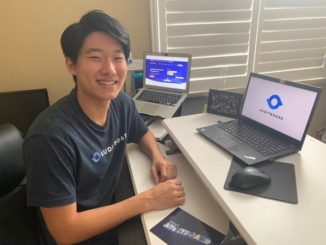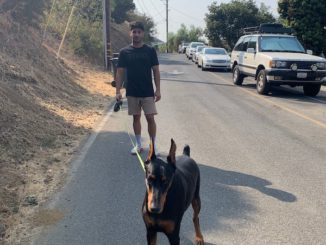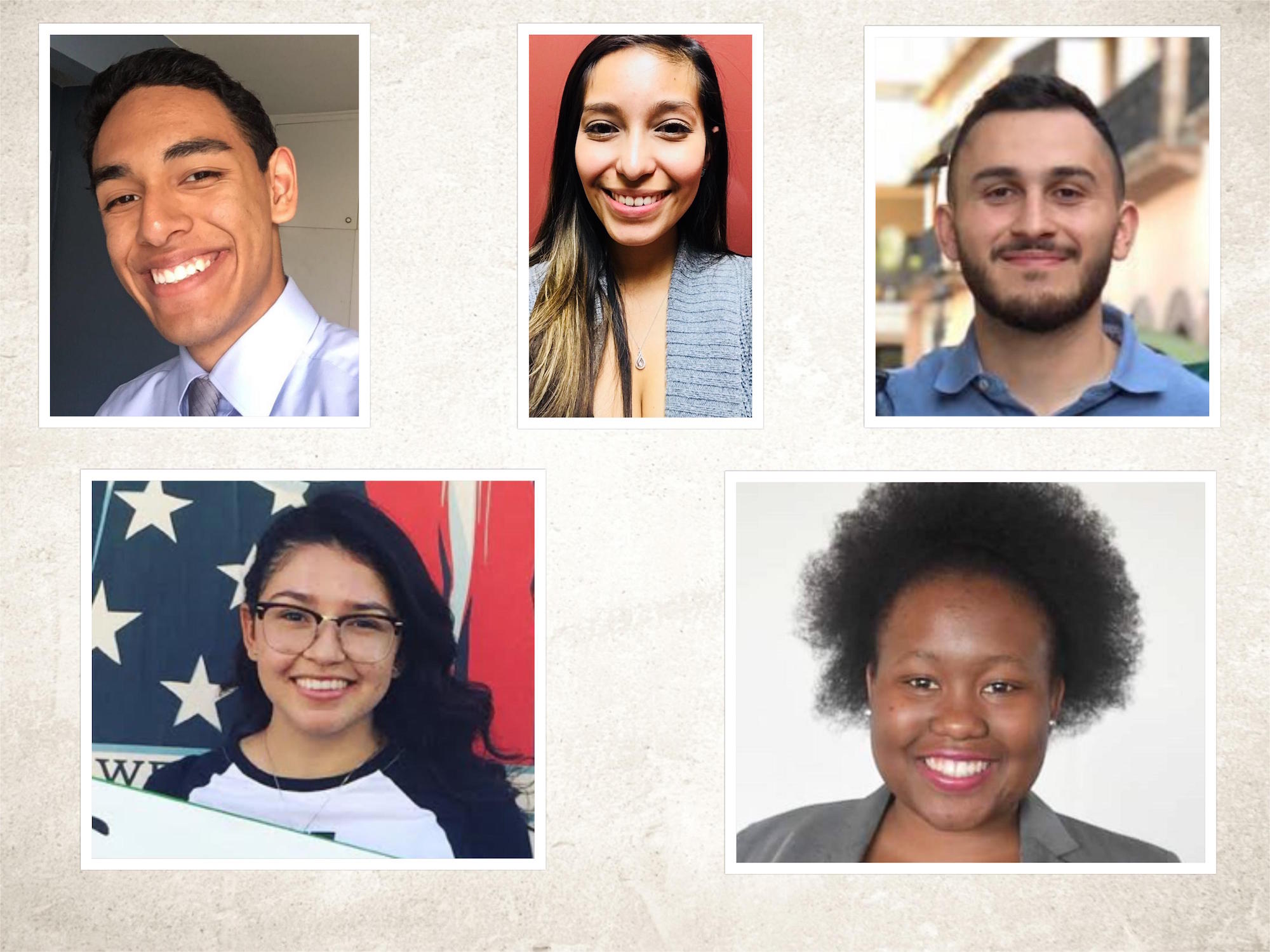
Editor’s note: The reporting on this story actually spurred the initial focus groups for a first-generation club, making the reporter a participant-observer in its genesis.
They are the first in their family to go to college and they have to figure everything out on their own.
A Pepp Post poll of 27 first-generation students and six student interviews provided an opportunity for first-generation students to express their need for specific resources and mentorship. These students are advocating for the creation of a support group to meet first-generation needs.
“There is no other group on a college campus that is more diverse and unique than first-generation college students,” said David Humphrey, associate dean of Student Affairs. “It’s so important to centralize the voices of first-generation college students and to provide a platform.”
The Pepp Post poll found that approximately 82 percent of first-generation students felt some degree of difficulty through their transition into Pepperdine. Many reported dealing with loneliness, feeling lost and encountering financial issues.
Who are first-generation students?
Brown University defined a first-generation college student as a student whose parent(s)/legal guardians have not completed a bachelor’s degree. This means that the student is the first in their immediate family to attend a college or a university.
First-generation college students made up approximately 19 percent of the entering class in 2016 and roughly 19 percent of the entire undergraduate student body, according to the Pepperdine Seaver College website. The percentage dropped to 9 percent for the class entering in 2017, according to the Pepperdine Office of Institutional Development.
The office reports that first-generation students graduate at a rate of approximately 77 percent in four years and 84 percent in six years. That’s just below Seaver’s averages for the total population.
Demographically, first-generation students mostly mirror the broader Seaver demographics, in terms of ethnicity and gender. However, just over 31 percent of first-generation students are Latino, 29 percent are white.
The Pepp Post poll found that roughly 83 percent of “first gens” said they know at least another student who is also first generation.
“First-generation college students transcend racial and ethnic background, income status, geographical location and class,” Humphrey said. “All these things impact first-generation students in different ways.”
Transitioning into college
Getting accepted into Pepperdine was one huge accomplishment for these students but adjusting to a new environment proved to be even more difficult.
Josias Escobar, a first-year international studies major, described his experience as challenging because he had no guidance throughout his transition.
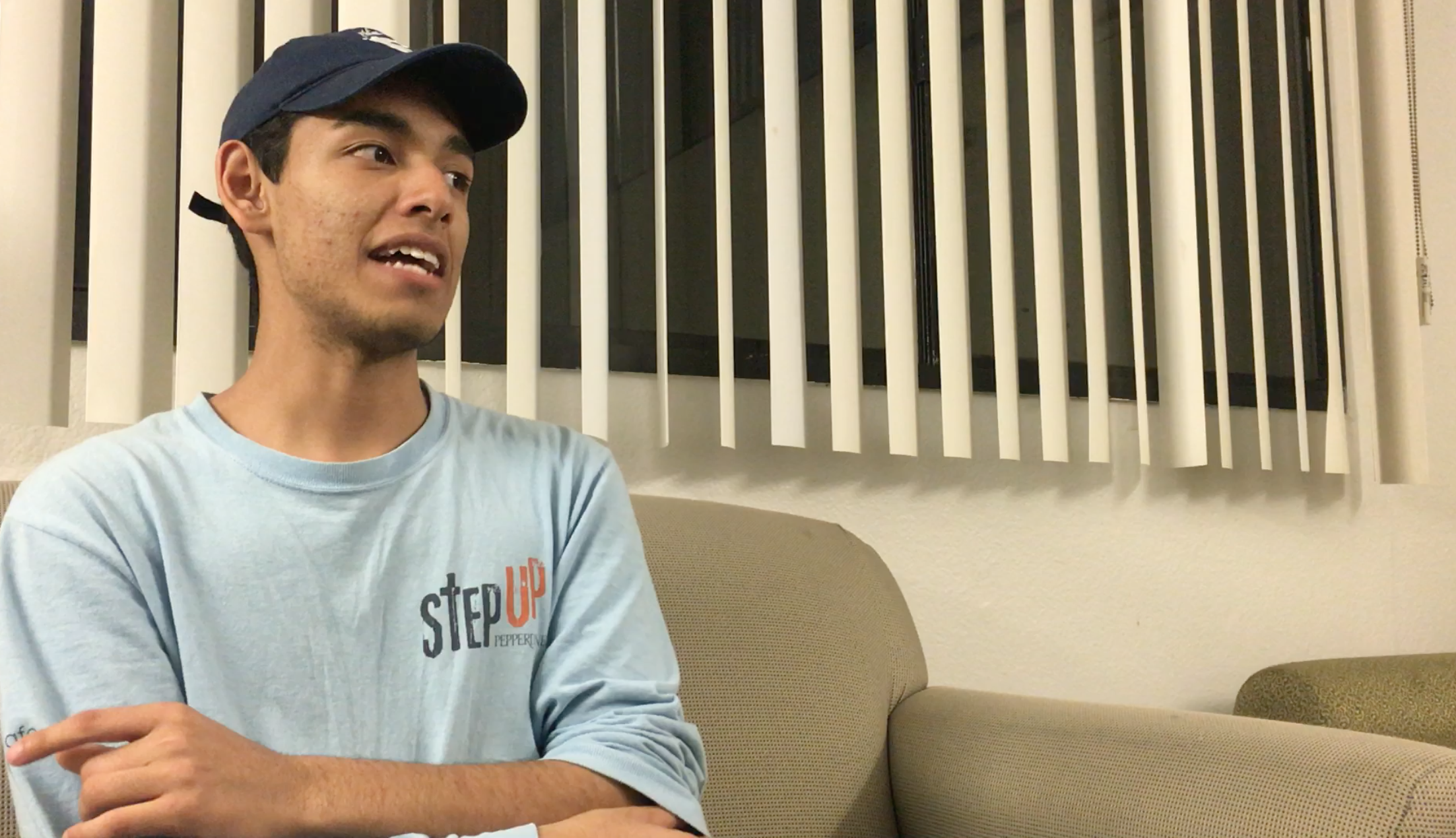
“No one ever told me, ‘It’s going to be like this,’ how the financial aid and scholarships are going to work,” Escobar said. “You’re kind of just going in blind.”
Escobar said that although he received emotional support from his parents, he did not receive exact guidance from them as they both did not attend college and are inexperienced with the college process.
Raymond Mora, a junior political science and economics double major, can relate to Escobar’s concern about guidance, as he said his parents are also unable to fully support his academic endeavors.
Mora talks about the disadvantages that he has compared with other students.
“Other kids, their parents are on top of them,” Mora said. “They’re constantly checking their WaveNet … my parents don’t even know how to work a computer.”
Mora said that although he is aware of the resources Pepperdine offers, he feels displaced as he believes faculty and staff don’t fully understand the struggles first-generation students encounter.
“At times you feel alone,” Mora said. “No one understands what you’re going through. It’s difficult here when people don’t understand, even people outside.”
Sophomore accounting major Taya Stewart also feels this pressure within her family life back home.
“I think on one hand there’s people who look up to me now in my family, who now want to go to college,” Stewart said. “But on the other hand, there is this disconnect of people who don’t understand and they feel like I can’t connect with them anymore.”
First-gen students sometimes feel a disconnect because they are far away from family struggling at home. Sometimes the disconnect is because family members resent the college experience the student is getting or think college will make them uppity. But there’s also additional pressure for first-gen students, whose parents are often sacrificing for them to be at college. At the end of the day it’s ultimately love and sacrifice that brings parent and child together.
“It’s going to be hard,” said Jazmin Guardado, senior international studies major. “You’re going to struggle, you’re going to want to quit, but don’t because you’re setting a precedent for your future family … you’re going to make your family proud for doing this.”
Marissa Davis, director of the Student Success Center, offered encouraging words of advice for first-generation students.
“Don’t be afraid to advocate for yourself,” Davis said. “I know there’s an intimidation factor asking for help because you don’t have that history of family who are able to encourage you, but even if it’s uncomfortable don’t be afraid to ask for help. We’re here to support you.”
Financial struggles
Aside from transitioning into college, money is always on the mind of a first-gen student.
“The biggest issue was the financial situation,” Escobar said. “We didn’t know how to pay. We didn’t know what would come in the future … how it would affect my life here but (also) my family’s life outside.”
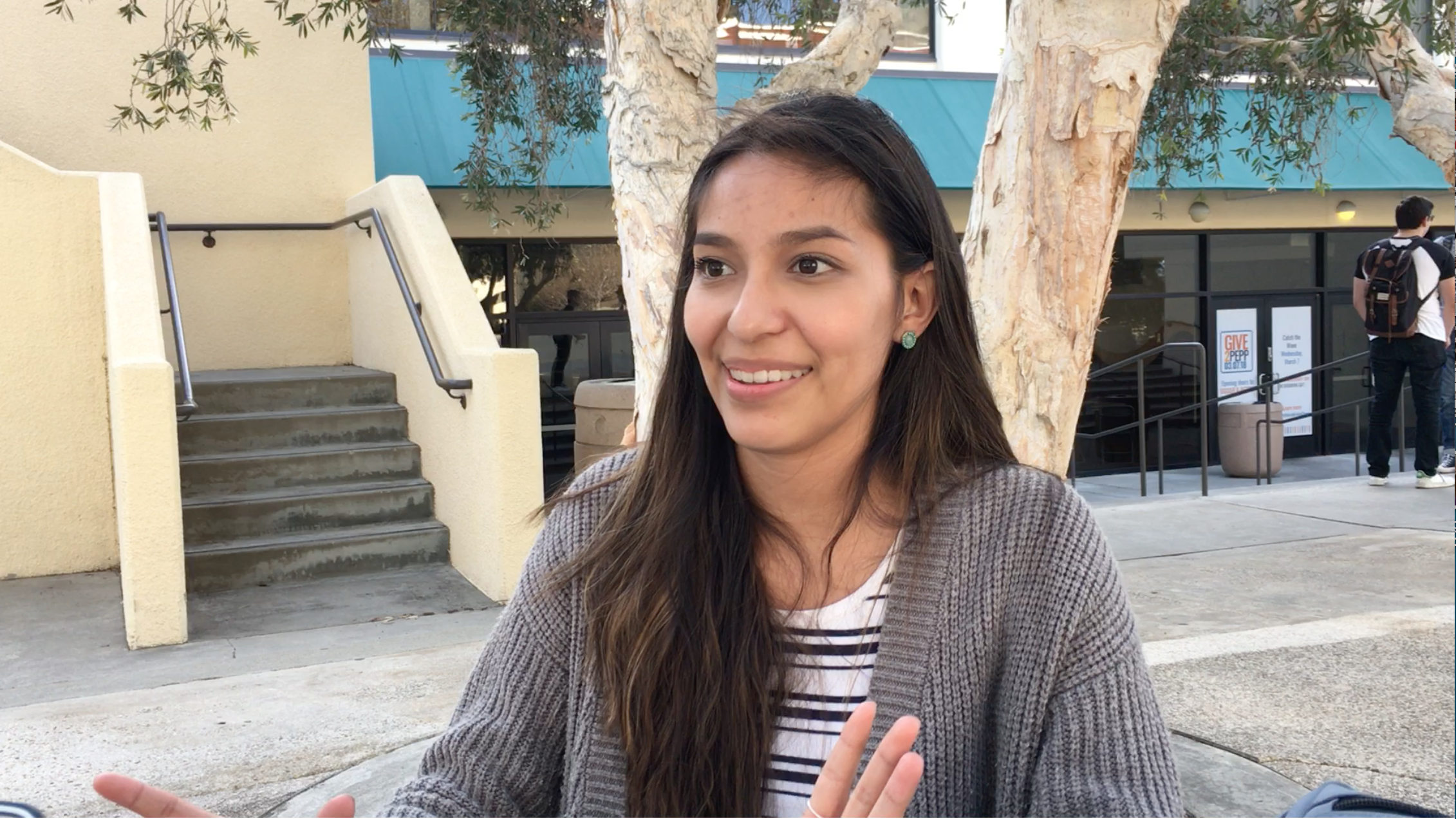
Olivia Perez, a junior double majoring in psychology and Hispanic studies, said money plays a role academically and in her personal life.
“The load is obviously harder,” Perez said. “I was working a lot because I had to pay off my loans. I had to take out loans to pay rent.”
Rebecca Campos, coordinator for Intercultural Learning & Engagement for Intercultural Affairs, said first-generation college students often encounter situations where they have to deal with financial issues by themselves.
“There are just so many challenges that can come along with the first-gen experience,” Campos said. “Some are socio-economic and some just experiential.”
Humphrey also emphasized that special situations, such as sending money back home or coming from an economically unstable family may further affect a student’s financial stability.
“In some communities, certain students feel pressured to stay at home and work instead of go college …” Humphrey said. “Or they are at college, but they feel a pressure to actually contribute back home to ensure their family stays viable.”
However, financial aid advisor Edlin Marquez said these issues don’t only apply to first-generation students.
“I don’t feel like it is necessarily just first-generation students,” Marquez said. “Across the board it’s mostly all students that are requesting additional financial aid to help them pay for cost of attendance, tuition and cost of college.”
Marquez said she strongly encourages first-generation students to apply for outside scholarships and also to make sure they fill out the Free Application for Federal Student Aid (FAFSA) so they can qualify for financial aid and work study.
“I know there are sometimes that parents for one reason or another don’t want to provide information on the FAFSA,” Marquez said. “And it’s hard for us to provide aid without your parent’s financial information. Any information submitted on there may be audited to check if it’s true or correct, but it will not leave the office.”
Marquez said Pepperdine has set up a new outside scholarship page for students to apply for outside aid.
“Outside scholarship money will reduce loans,” Marquez said. “And that’s exactly what students and parents want to reduce is their loan indebtedness while they are here at Pepperdine.”
What can Pepperdine do?
Although first-generation college students have a significant presence on Pepperdine’s campus, there are currently no resources available exclusively for first gens.
Pepperdine administration and faculty focus on providing equal accessibility of resources for all students.
Davis said academic resources such as tutoring, time-management workshops and academic coaching are available to all students.
“It’s not specifically advertised or marketed toward first-generation students but we do welcome students,” Davis said.
Davis said that besides helping first-generation students, they also focus on supporting international students and student veterans who come see them.
However, Andrea Harris, senior director of Student Administrative Services, said that creating specific resources for first-generation students ultimately depends on whether it’s a major need from this student population.
“Do we wanna have something that is earmarked directly for (first-gen) population,” Harris said. “Or do we wanna say ‘Here are all the 50 things that any student can take advantage of’?”
Escobar was one of the 15 first-gen students chosen to participate in the 2017 Pepperdine Summer Preview. He felt like the mini-program made a significant impact in his college career.
According to the Seaver College website, The Pepperdine Summer Preview(PSP) is a three day pre-orientation experience organized by the Office of Admission for a select group of admitted first-generation students.
This program offers them the opportunity to get a feel of the “Pepperdine experience” and also to learn about the departments and variety of resources available.
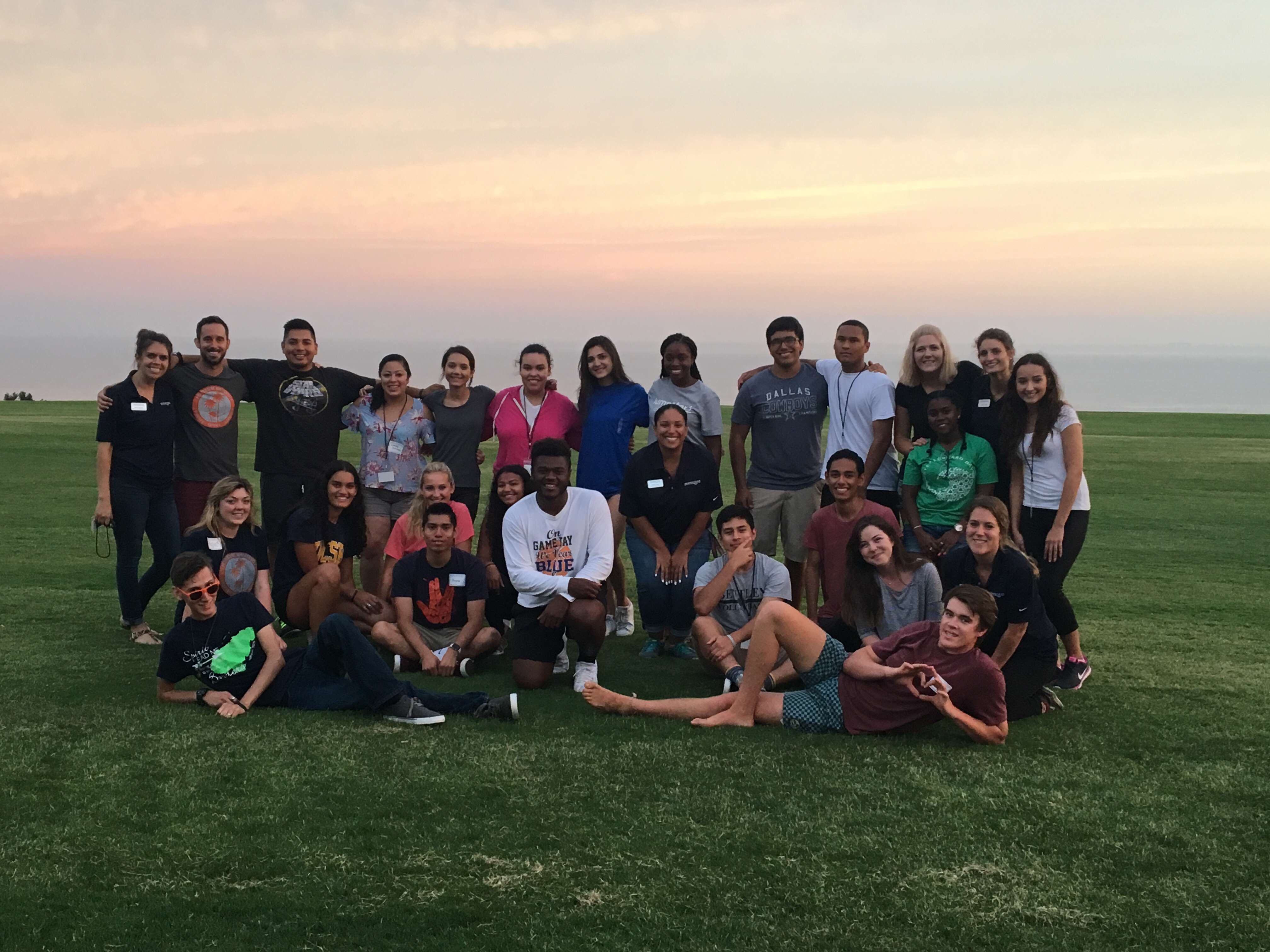
“It really helped me alot. It helped me get used to the college life,” Escobar said. “(PSP) brought in counselors and deans… They gave us so much information as we requested.”
Guardado was also apart of the PSP program back in summer 2014. She wishes the support would’ve carried on more into the academic year.
“PSP is great, it’s a great program but it has difficulty transitioning into the year,” Guardado said. “It needs to be a more open program. It needs to be more open throughout the year or it needs to merge with a first-generation club.”
Mora agreed that there is a need for a first -gen club as he was not a part of PSP and he recalls having a difficult transition his first-year.
“If I had someone tell me everything I needed to know freshman year, it probably wouldn’t have been as hard,” Mora said. “But there was no one there. No one.’”
Mora emphasized the need for incoming first -generation students to have a mentor who have been through the same situation.
“You try to help the people coming in,” Mora said. “You teach them everything they need to know like, ‘This is how you register for classes or this is how you do FAFSA.’ I learned everything myself and now I wish I could teach someone.”
Stewart is also in favor of a first-gen club, however, she prefers to have more specific support from Admissions.
“I don’t know about a club but I think they should have like a seperate orientation,” Stewart said. “I think a club would make us more ‘bubbled’ together… I think it’s important for us to branch out when we get here.”
Harris believes that a combination of both a club and administrative support would be most effective for first-gen students.
“ I feel like you should have both,” Harris said. “You should have an admission group that provides different information for first-generation students and then coordinate with the person on campus to say these are the people who opted to show up … here’s what they need.”
A group of first-generation students are currently in the process of creating a “first-gen club” on campus.
Perez said they are seeking out first-generation students who are willing to be leaders for the incoming first-year class this fall semester.
“If we don’t create this space of community for us to talk about these types of issues then a culture of silence continues unabated,” Humphrey said.
Karina Valenzuela completed this story under the supervision of Dr. Christina Littlefield and Dr. Theresa de los Santos in Jour 241 in spring 2018. Dr. Littlefield supervised the web story and Dr. de los Santos supervised the video package.

